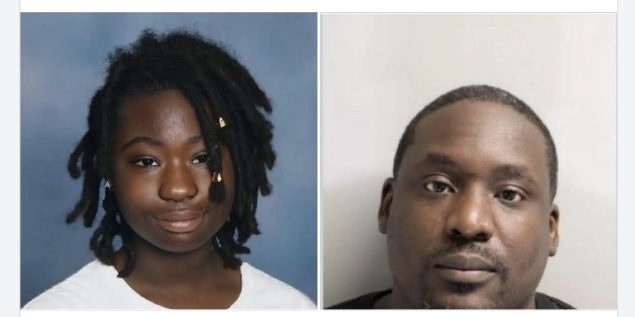In the quiet of a June night in 2023, 12-year-old Lori Paige slipped away from her Tallahassee, Florida, home, leaving behind a void that would grip a community for nearly two years. Her disappearance sparked a desperate search—neighbors, volunteers, police, and federal agents scoured the city and beyond, driven by hope and dread. Lori’s mother, unrelenting in her grief, took to social media, pleading for answers, sharing every detail she could, and openly questioning the pace of the investigation. For months, then years, the trail seemed to grow colder, with no trace of the vibrant Griffin Middle School student. On April 11, 2025, that silence broke with a devastating truth: Lori was gone forever, her remains uncovered in a remote Georgia field. The man now accused of her murder was the one who first reported her missing—her own father, Andrew Wiley.
The discovery came almost by chance. In early April, a prescribed burn cleared thick underbrush in a secluded area of Thomas County, Georgia, known locally as Merrily Plantation. Investigators had searched the site before, guided by faint leads, but found nothing. This time, with the landscape laid bare, a search dog named Kairos caught a scent. On April 5, Lori’s remains were found, later confirmed through forensic analysis. The weight of the find settled heavily on Tallahassee, a city that had held out hope for Lori’s safe return. At a press conference that Friday, Police Chief Lawrence Revell stood before reporters, his voice steady but somber. He recounted the exhaustive 22-month investigation, one that spanned multiple states and chased hundreds of leads. “We promised we would find Lori,” he said. “Today is a sad day, but it’s a step toward justice.”
The investigation had shifted decisively months earlier. In February 2024, detectives seized Wiley’s phone, uncovering a trail of unsettling internet searches—queries about remote areas with bodies of water in Georgia and Alabama. These findings deepened suspicions about the 36-year-old, who had claimed Lori left home with a backpack while he was at work overnight on June 3, 2023. Over time, his account unraveled, marked by inconsistencies that investigators couldn’t ignore. Wiley’s arrest on second-degree murder charges marked a grim turning point, not just for the case but for a community wrestling with betrayal. Lori’s mother, who had long voiced doubts about Wiley, had once shared her anguish online, saying she would always know where her daughter was if she were in her care. Her words now echoed with haunting clarity.
Lori’s case had captivated Tallahassee from the start. In the summer of 2023, volunteers combed parks and neighborhoods, while the FBI offered a $15,000 reward for information. Billboards went up across Florida, Georgia, and Tennessee, where Lori had family ties. Searches focused on places like San Luis Mission Park, near where she was last seen in the Continental Court neighborhood, but early efforts yielded no breakthroughs. The lack of a digital footprint—Lori had no social media presence—made the case even harder. As months turned to years, Chief Revell admitted the investigation had reshaped how his department handled missing child cases, moving away from assumptions about runaways to treat every absence with urgency.
The pain of Lori’s loss lingers. At the press conference, Revell spoke of her deserving a safe home and a full life, words that carried the weight of a community’s regret. For Lori’s mother, the confirmation of her worst fears offers no solace, only the promise of accountability. Wiley’s arrest closes one chapter but opens another, as questions about motive and circumstance remain unanswered. Tallahassee, still mourning, holds tight to the memory of a girl whose smile once lit up her school halls, now determined to see justice done in her name.

